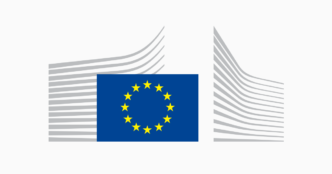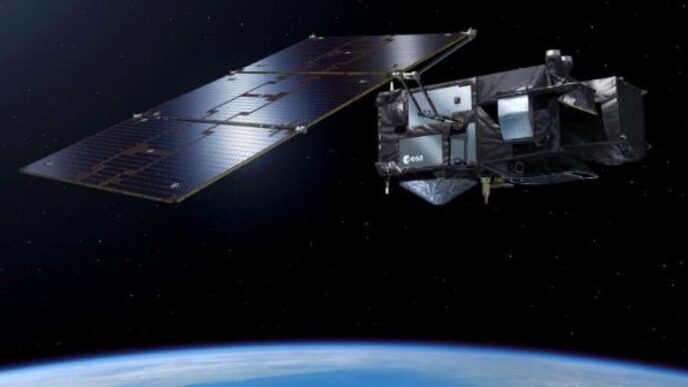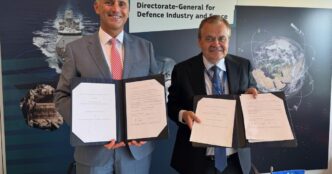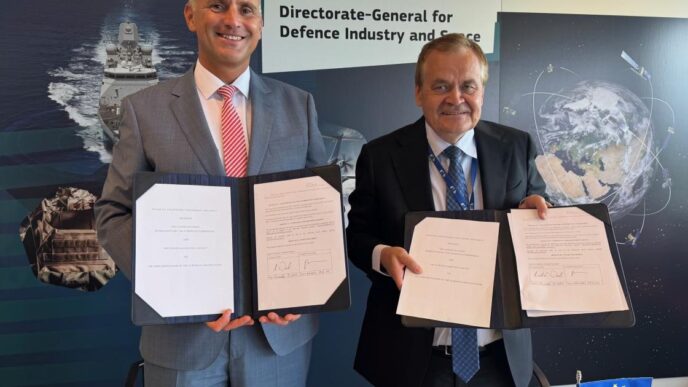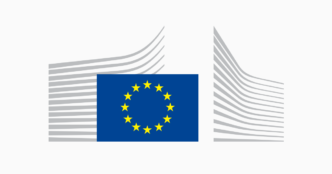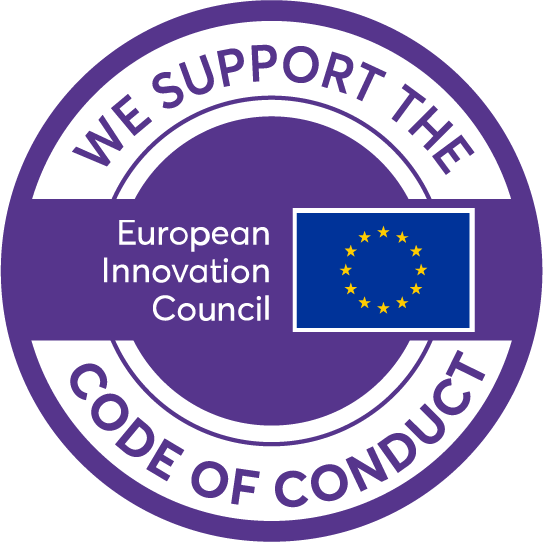Today, the European Commission has granted the legal status of European Research Infrastructure Consortium (ERIC) to DANUBIUS-RI, the International Centre for Advanced Studies on River-Sea Systems.
The status of ERIC marks a significant milestone in the development of DANUBIUS-RI since joining the Roadmap of the European Strategy Forum on Research Infrastructures (ESFRI) in 2016. The new status strengthens its position as a key player in facilitating excellent science across the continuum from river source to sea, providing a state-of-the-art research infrastructure and integrated knowledge to sustainably manage and protect River-Sea Systems. River-Sea-Systems comprise river catchments, estuaries/deltas, lagoons and the coastal seas, and they provide natural capital and ecosystems that are fundamental to societal wellbeing.
DANUBIUS-RI focuses on the understanding and quantifying of key aspects of River-Sea Systems, including water stores and flows, sediment dynamics, nutrients and pollutants, biodiversity, and ecosystem services. It also concentrates on assessing the effects of climate change and understanding extreme events, such as floods and droughts, to enhance the resilience of River-Sea Systems. Its goal is to overcome fragmentation in science, knowledge, data, and management through an integrated and collaborative approach.
This ERIC offers comprehensive support across various facets of research and development within River-Sea Systems for multiple stakeholders. Scientists gain access to facilities, data, and training for forefront research. Policy makers and managers get knowledge and operational perspectives for improved management. Entrepreneurs are offered opportunities for technology transfer, testing, and innovation. Finally, the next generation of researchers can benefit from training and capacity building.
Seven countries (Austria, Czech Republic, Italy, Moldova, Netherlands, Romania, UK) participate in this new ERIC, with Romania hosting DANUBIUS-ERIC, including the central data centre that manages and stores all research data, collecting and aggregating data, and providing computing power and storage. DANUBIUS-ERIC is actively connected at international, European and local level. Collaboration with other research infrastructures, programmes and initiatives allow to explore and exploit synergies, include different research perspectives, share infrastructures and avoid duplication.
Background
The European Research Infrastructure Consortium (ERIC) is a specific legal form under EU law that facilitates the establishment and operation of research infrastructures of European interest. A European Commission decision is required to establish an ERIC. Members of an ERIC include EU Member States, associated countries within the EU framework programme for research and innovation, and, under certain conditions, other non-EU countries and intergovernmental organisations.
